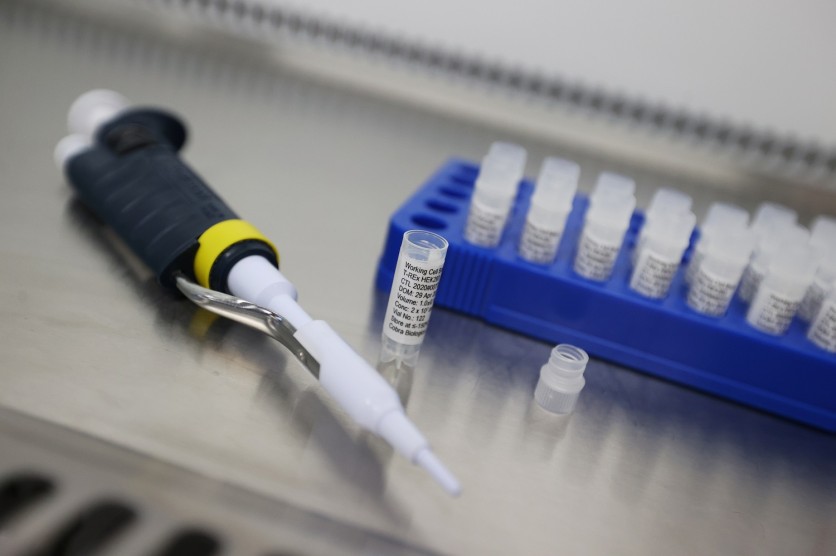With human trial results expected in June, pharmaceutical company AstraZeneca will mass-produce a COVID-19 vaccine if proven effective.
The first results for human trials of the experimental shot called ChAdOx1 nCoV-19 are expected in mid-June. It was developed by Oxford University scientists.
Once proven effective, the company will have immediate access to the vaccine.
The pharmaceutical company will also team up with global partners on the distribution of the vaccine across the globe.
Health Secretary Matt Hancock described the deal as a 'hugely welcome news' while its details will be finalized in the coming weeks.
Meanwhile, both parties said on Thursday, Apr. 30 that the deal was not-for-profit and will only cover costs of production and distribution.
While the process of developing vaccinations can take up to a decade and scientists, have said finding an effective jab within 18 months would be 'unprecedented.'
Researchers across the world are racing against time to develop a vaccine, which is usually done in years. Over 100 possible strains are being developed while some already undergo human testing.
Oxford University Professor Sir John Bell told BBC Radio 4's Today that he hoped results from the human trial of the vaccine would be available by mid-June.
He told Today that once it is approved by regulators, the challenge is to manufacture at scale.
'We also want to make sure that the rest of the world will be ready to make this vaccine at scale... where the need is very great," said Prof. Bell.
"We really need a partner to do that, and that partner has a big job in the UK... so we are going to work together with AstraZeneca," he added.
This is the first venture made since the launch of Vaccines Taskforce two weeks ago in aim to find a new coronavirus vaccine.
It comes after the world's largest vaccine maker warned that no coronavirus shot will be ready for mass manufacturing until late next year.
Chief executive of GlaxoSmithKline Emma Walmsley said, 'if things go right', millions of doses would not be produced until the second half of 2021.
Health Secretary Matt Hancock said it was 'hugely welcome news' that Oxford University had agreed with AstraZeneca to scale up its coronavirus vaccine.
'The Oxford vaccine is one of the most advanced in the world. Bringing together the best British science and the best of British business will give us the best possible shot at a vaccine," said in a tweet.

How does the vaccine work?
The Oxford jab attempt is based on recreating the 'spike' proteins found on the outside of the COVID-19 viruses.
While it will contain a genetically-engineered virus, it will not cause any infection inside a human body.
If the vaccines are able to copy the spikes inside a person's bloodstream, the immune system will be triggered to create special antibodies to attack it, and this could train the body to defeat the real coronavirus in case they get infected with it in the future.
Meanwhile, Pfizer yesterday also revealed that it may have a coronavirus vaccine ready by the autumn. The U.S.-based company has already started mass-producing doses to reach 'hundred million doses' available by the year-end.
ⓒ 2026 TECHTIMES.com All rights reserved. Do not reproduce without permission.




